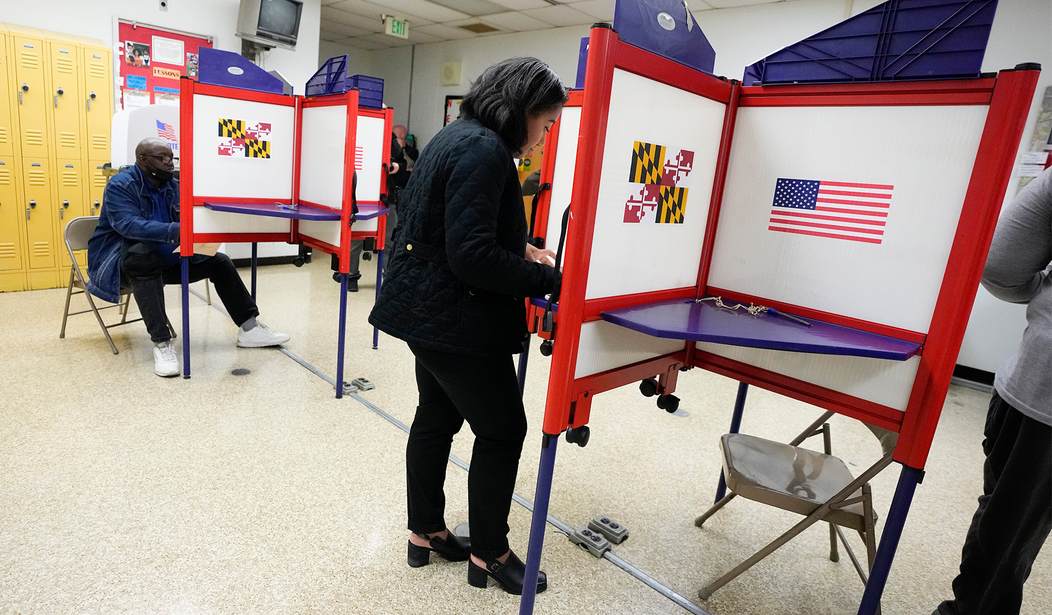The year 1968 was an extraordinary year for film. There was "2001: A Space Odyssey" in the science fiction category. For Westerns, there was "Once Upon a Time in the West," with Henry Fonda as a cold-blooded killer, shooting a little kid in the opening scene.
Another grand sci-fi entry was "Planet of the Apes." For sheer scenery chewing, there was Peter O'Toole and Katherine Hepburn in the film adaptation of the Broadway hit "The Lion in Winter.
I could go on and on. Steve McQueen's gritty crime drama "Bullitt," Mel Brooks' side-splitting comedy "The Producers," and the campy and glorious Roger Vadim classic Jane Fonda as "Barbarella."
Unnoticed that year was a low-budget dystopian political drama, "Wild in the Streets." The film starred Christopher Jones as Max Frost, a teen idol who was the lead singer in a rock band. Max has become a very modern entertainer, merchandising his image and creating a brand all to himself. He collects a group of young misfits who proceed to take over the United States.
Max gets into politics originally to back a candidate who proposes lowering the voting age to 18. But Max doesn't think that's low enough and runs for the Senate on a platform to lower the voting age to 14.
After his girlfriend is elected to Congress, she changes the electoral system lowering the voting age, and, as you can guess, Max is elected president.
After getting into office and pouring LSD into the water supply, Max starts instituting changes with the most popular with the youngsters being sending anyone over 30 to a special camp.
Film critic Roger Ebert described "Wild in the Streets" this way:
Once you've experienced a concert by a group like the Beatles or the Doors, the fascist potential of pop music becomes inescapable. There is a primitive force in these mass demonstrations that breaks down individualism and creates a joyous mob.
I keep thinking of the scene in "A Hard Day's Night" when the little blond girl, her voice lost in the screams of the crowds, shouts "Paul, Paul!" while tears stream down her face. The performer's role is to be the focus of this emotion. His values instantly become the values of his admirers (as when Jim Morrison of the Doors beckons his crowds to storm the platform).
The connection between politics and the worship of pop idols is fascinating. When Paul Newman was stumping for Sen. Eugene McCarthy in Wisconsin, it was hard to say whether his audiences cared about politics at all. They were drawn by the Newman mystique. But can the appeal work the other way?
A town in Vermont, Brattleboro, population 7,500, is giving 16- and 17-year-olds the right to vote next week in local elections. I'm not worried that these children will pull a "Wild in the Streets" scenario and throw everyone over 30 into a concentration camp. But Ebert is right.
Children who are 16 or 17 are far easier to manipulate than 20- or 21-year-olds. At a time when voter manipulation has become an art form, that spells trouble in my opinion.
Recall that the only reason 18-year-olds were given the vote in 1971 after the passage of the 26th Amendment was because so many 18-year-olds were going off to war. "Old enough to fight, old enough to vote" went the refrain.
I'm not saying that 15- 16- or 17-year-old kids would be any worse voters than 18-year-olds. What I'm arguing is that we already have plenty of low-information voters who are easily swayed. Do we really need any more?
Editor’s Note: An earlier version of this story incorrectly identified Richard Harris as the co-star of "The Lion in Winter." We apologize to our readers for this error.










Join the conversation as a VIP Member